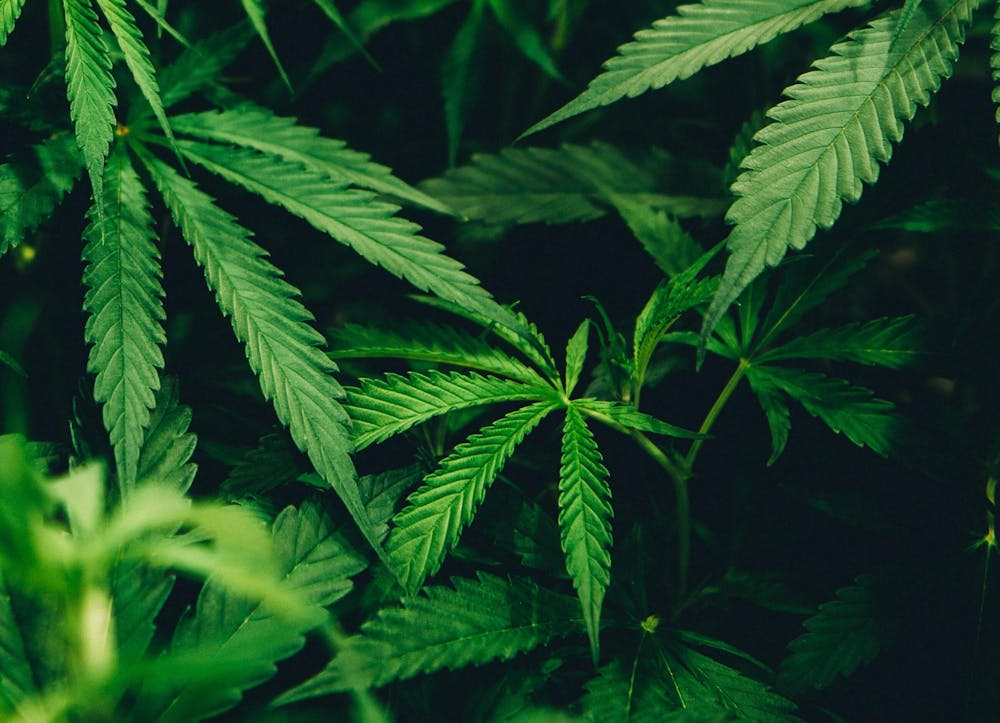Last Wednesday, New York State officially legalized cannabis for recreational use.
The “Marijuana Regulation and Taxation Act,” which was signed into law by Gov. Andrew Cuomo, states that anyone over the age of 21 may carry up to three ounces of cannabis and 24 grams of cannabis concentrate, along with a maximum of 12 plants per household — six mature and six immature plants.
“This was one of my top priorities in this year’s State of the State agenda and I’m proud these comprehensive reforms address and balance the social equity, safety and economic impacts of legal adult-use cannabis,” Cuomo said in a statement. “I thank both the Leader and the Speaker, and the tireless advocacy of so many for helping make today's historic day possible.”
NYS estimates $350 million in annual tax collection revenue and potential job growth ranging from 30-60,000 new jobs. Cuomo plans to use these tax funds to help regulate the cannabis industry, and will later divide the tax generated revenue among Education (40%), Community Grants Reinvestment Fund (40%) and Drug Treatment and Public Education Fund (20%) programs.
Any city, town or village wishing to opt-out of the decriminalization of dispensaries and retail or on-site consumption licenses will have until Dec. 31 or nine months after the effective date of the legislation to do so.
UB is no stranger to cannabis, with over 1,300 cannabis-related incidents since 2015, according to UB’s Deputy Chief of Police for Administration, Joshua Sticht.
Despite the recent legalization, Sticht believes UB’s cannabis policies will not change.
“We have gotten guidance from SUNY Legal Counsel in Albany that UB’s Student Code of Conduct policies have to be in compliance with the Drug-Free Schools and Communities Act (DFSCA), which is federal legislation,” Sticht said.
The 2020-21 Student Code of Conduct, last updated in October 2020, cites DFSCA in explaining its “commitment” to “clear and concise policies” on drug use.
“Student rules and regulations prohibit the unlawful possession, use, or distribution of illicit drugs and alcohol on campus properties or as part of its activities,” the Code of Conduct reads. “Student conduct violations are considered by Student Conduct and Advocacy. Sanctions may range from warnings to expulsion for violation of university standards.”
Interim Vice President of Student Life Christina Hernandez says this obligatory compliance comes from both federal funding — DFSCA is a federal, not state law — and SUNY policy.
“The university also must have standards of conduct and sanctions for employees and students related to the unlawful possession, use or distribution of illegal drugs,” Hernandez said.
While the over 1,300 students who have received citations are undoubtedly celebrating the bill, others are adamantly opposed to the substance and its effects.
Melissa Kamper, a senior psychology major, worries that students will begin to use cannabis on campus openly.
“I personally would like to know that I’m not breathing in harmful chemicals to my body. I also am not trying to get a contact high,” Kamper said. “People already smoke cigarettes on campus when the rule is no smoking. I’m tired of having to hold my breath around campus.”
While many businesses near UB’s campus already sell THC-less cannabis, Delta 8 THC — an isolated compound in the plant — and paraphernalia dispensaries will not be legally allowed to distribute standard cannabis until April 1, 2022.
As the dust settles from the new bill, only time will tell if the number of student referrals involving cannabis increases, decreases or stays consistent.
Alex Falter is the assistant arts editor and can be reached at alex.falter@ubspectrum.com

Alex Falter is a senior arts editor at The Spectrum.





